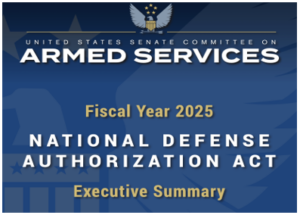The Impact of Mandatory Military Service for Women in the USA
In a groundbreaking move, the National Defense Authorization Act (NDAA) for the fiscal year 2025 has authorized a Mandatory Military Selective Service Act for American women. This selective service program paves the way for implementing a military draft for women in the USA, a significant development in the country’s history. While the decision has sparked debate among lawmakers, it marks a pivotal moment in achieving gender equality in the military.
It’s important to note that in today’s society, gender identity does not exempt individuals from mandatory military service. The mechanisms put in place now draft both men and women, ensuring that all eligible individuals contribute to national defense. However, the NDAA does not currently mandate military service for individuals who identify with various woke identities, highlighting the evolving nature of military regulations.
The debate on mandatory military service for women is ongoing and will be subject to a full Senate vote in the near future. This discussion comes in the wake of the US House Armed Service Committee’s approval for automatic registration of young men for the Selective Service System. The declining voluntary enlistment of young men in the military has raised concerns among lawmakers, prompting initiatives to streamline enrollment processes and increase military participation.
While the discussion on mandatory military service continues, there are pressing issues that demand attention, such as reevaluating government spending, enhancing national security, and addressing societal challenges. Prioritizing these areas can create a more sustainable and secure future for the country, ensuring that young men and women are not unnecessarily put in harm’s way.
Furthermore, recent controversies surrounding mandatory COVID-19 vaccinations in the military have highlighted challenges within the armed forces. The backlash faced by service members who opposed vaccination mandates underscores the importance of respecting individual rights and fostering a supportive environment within the military.
As the US government navigates the complexities of mandatory military service and national security, it is essential to address underlying concerns and ensure that policies align with the nation’s values and goals. By promoting transparency, accountability, and inclusivity, the military can cultivate a stronger and more resilient force, capable of adapting to evolving threats and challenges.

